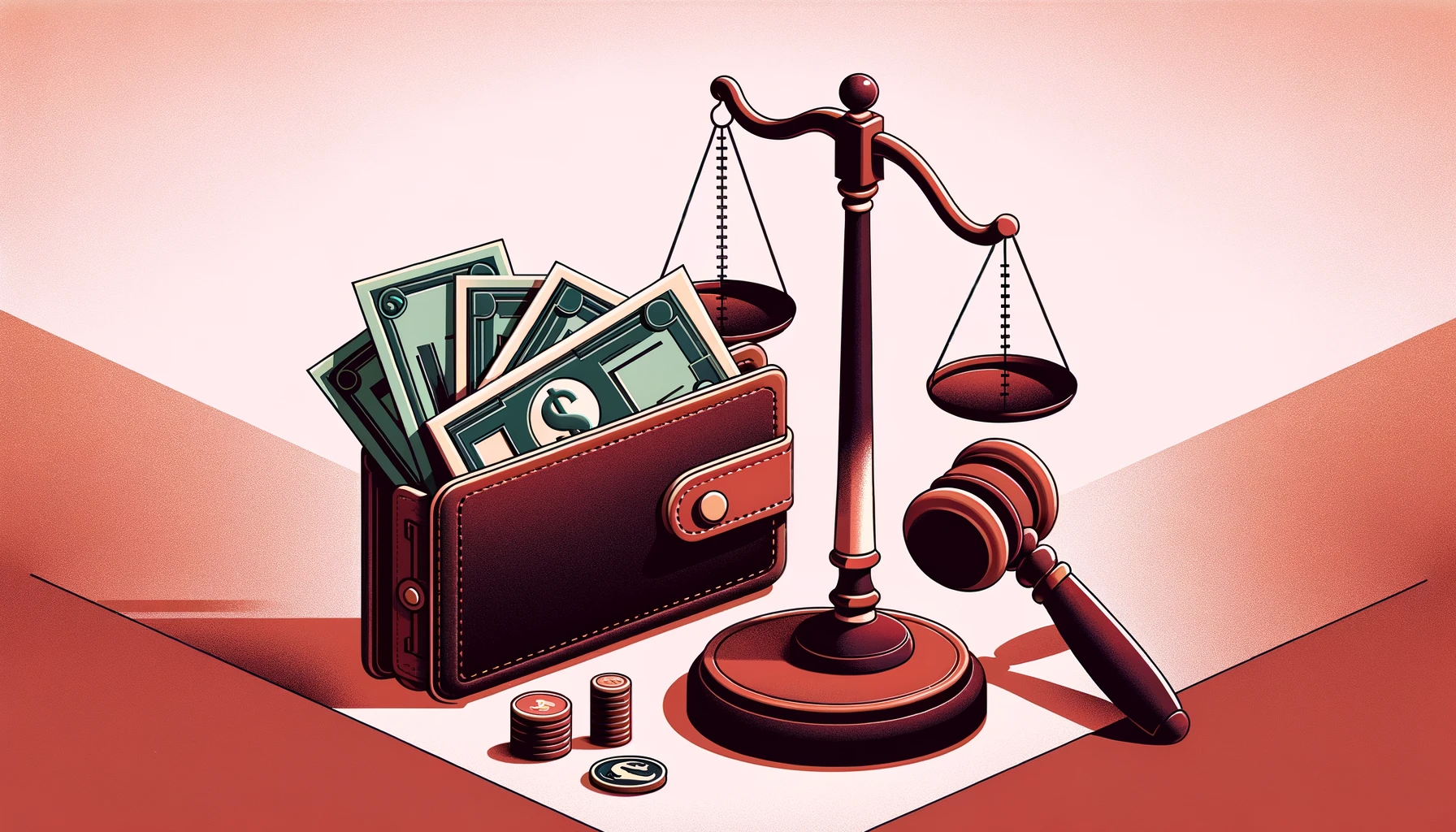There’s a moment when enough is enough. Maybe it’s the third time your supervisor “jokes” about your accent in front of the team. Or the meeting where your boss dismisses your idea until a white colleague repeats it ten minutes later. Maybe it’s a job that felt safe until you announced your pregnancy. Still, the paycheck comes. So you wonder: Is filing an EEOC complaint while still employed acceptable? And if so, will your job survive the fallout?
At the Law Offices of Supriya Kichloo, P.C., we don’t just fight back; we guide you forward. With over a decade of experience and a firm grasp of New York’s legal terrain and cultural intricacies, attorney Supriya Kichloo crafts a personalized legal strategy built around you. Your story matters. We’ll help make sure it’s heard.
What Is the EEOC and What Do They Do?
The Equal Employment Opportunity Commission (EEOC) is the federal agency charged with enforcing laws that prohibit workplace discrimination. That includes discrimination based on:
- Race,
- Gender or sex,
- Religion,
- Disability,
- National origin,
- Age (40+), and
- Sexual orientation or gender identity.
The agency is responsible for investigating employers accused of wrongdoing against employees. You don’t have to wait until you’ve quit, been pushed out, or suffered for months to contact the EEOC. You can and often should act while the conduct is ongoing, as employers are known to push boundaries.
Can You File an EEOC Complaint While Still Employed?
So, can you file an EEOC complaint while still employed? The answer is yes. Filing an EEOC complaint while still employed is not only possible—it’s your right. Many people even file before taking internal action with HR.
Federal and state law prohibits retaliation and shields you from it the moment you take protected action. Under Title VII of the Civil Rights Act of 1964, it is illegal for an employer to retaliate against a worker who:
- Files a complaint with the EEOC,
- Participates in an EEOC investigation or lawsuit, or
- Opposes discriminatory practices in the workplace.
New York law offers even broader protection. Under the New York State Human Rights Law (NYSHRL) and New York City Human Rights Law (NYCHRL), retaliation is unlawful even when the underlying complaint is unproven as long as you made the complaint in good faith.
What Counts As Retaliation?
Retaliation isn’t always as evident as a pink slip or an immediate demotion. It can also be extremely subtle. Watch for these signs after filing a complaint:
- Negative performance reviews out of the blue,
- Removal from high-profile projects,
- Isolation from meetings or decisions,
- A hostile atmosphere where others seem instructed to “keep their distance,” and
- Disciplinary action for things previously overlooked.
Whether retaliation is overt or subtle, it remains unlawful under both federal and New York law. Understanding your rights and having the right advocate can mean the difference between silence and justice.
Reasons to File an EEOC Complaint While Still Employed
If you’re hesitating, it’s understandable. Taking on your employer can feel like putting a target on your back. But here are some compelling reasons to file an EEOC complaint even if you’re still clocking in:
- You want to preserve your claim. The EEOC has strict filing deadlines, typically 300 days from the date of the discriminatory act in New York. Waiting too long could cost you your case.
- You want the behavior to stop. Filing can serve as a formal wake-up call. Sometimes, it’s the only thing that leads to real change.
- You’re documenting a pattern. The complaint becomes evidence. It’s a time-stamped signal that you recognized unlawful behavior and spoke up.
- You don’t want to leave. Maybe you love your job but hate the discrimination. Filing a complaint while employed allows you to protect your position while standing up for yourself.
By initiating the process now, you’re protecting your present and investing in your future.
What to Expect When Filing Your Complaint
Here’s an overview of what to expect if you file:
- Intake process. You submit an online inquiry or visit an EEOC field office and explain what happened and why you believe discrimination occurred.
- Discrimination charge. You’ll then file a formal charge if the EEOC believes your complaint falls under their jurisdiction.
- Employer notification. The EEOC will notify your employer and give them a chance to respond. This process can be tense, but it’s also where protections kick in.
- Mediation or investigation. The EEOC may offer mediation, or it may launch a full investigation.
- Resolution or right to sue. If the EEOC doesn’t resolve your claim, they’ll issue a “right to sue” letter, allowing you to bring a lawsuit in court.
Throughout this process, having legal counsel matters. The EEOC is not your lawyer. They’re a government agency. If you want someone to fight for you, contact the Law Offices of Supriya Kichloo.
What If I Do Get Fired?
If your employer terminates you after you file your complaint, that’s textbook retaliation.
You could have a strong claim under both federal and New York law and may be entitled to:
- Back pay and front pay,
- Emotional distress damages,
- Punitive damages,
- Reinstatement or equivalent employment, and
- Attorney’s fees.
The key is to document everything. Save emails, record timelines, and keep copies of reviews, write-ups, or sudden schedule changes. Then, call a skilled attorney who can use that evidence to your advantage.
Have a Complaint Against Your Employer? Contact Us Today.
At the Law Offices of Supriya Kichloo, we understand more than just the law. We know the quiet calculation it takes to stand up for yourself when your paycheck is on the line. With a decade of practice in New York employment law, Supriya offers:
- Free consultations for NY workers,
- A personalized legal strategy shaped around your experience, and
- The kind of allyship that never wavers.
Whether you’re still employed, recently retaliated against, or considering your legal options, we’re ready to help. Reach out today for a confidential, judgment-free consultation. We’ll listen and fight tirelessly to protect what matters most: your dignity.


